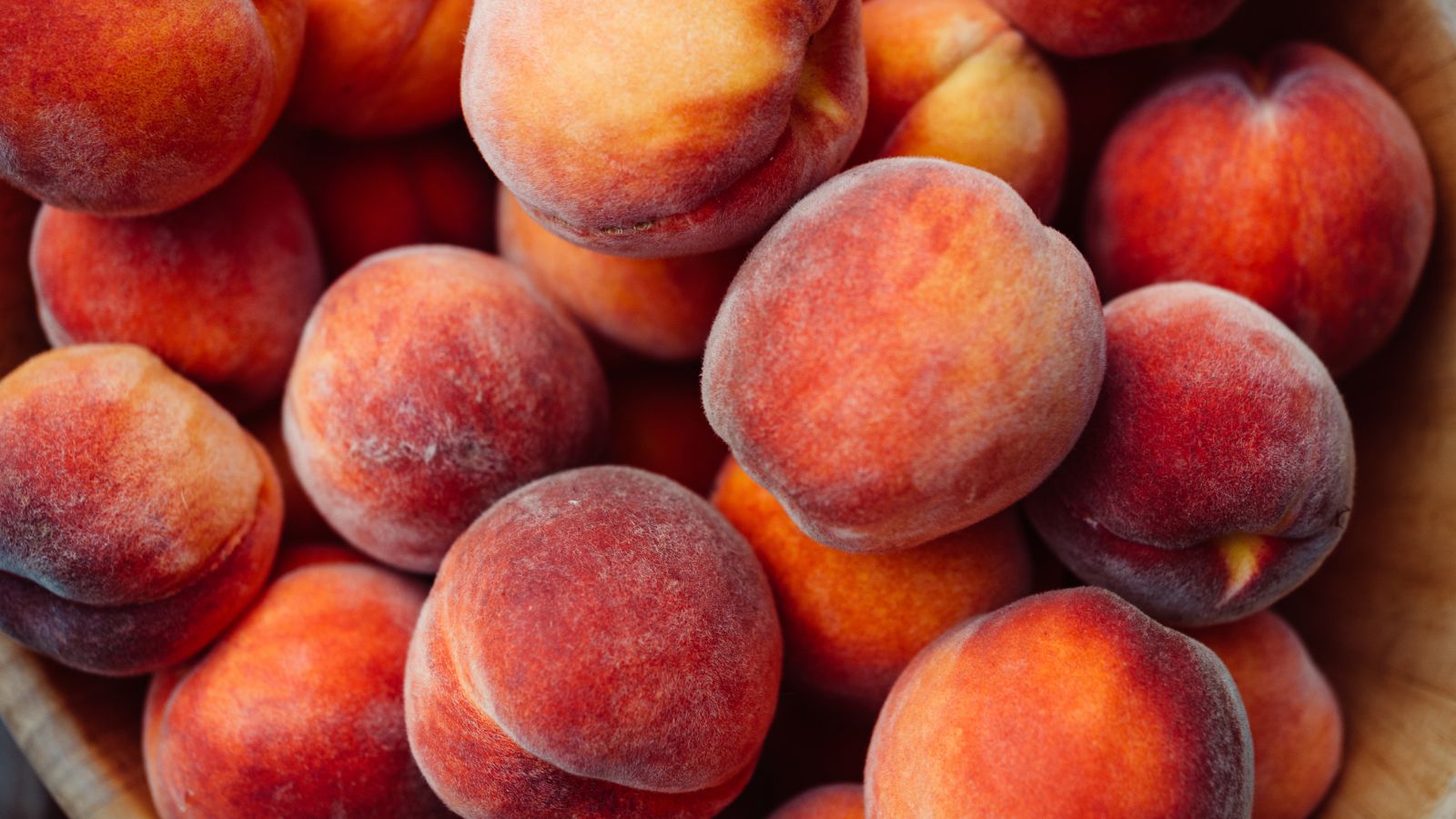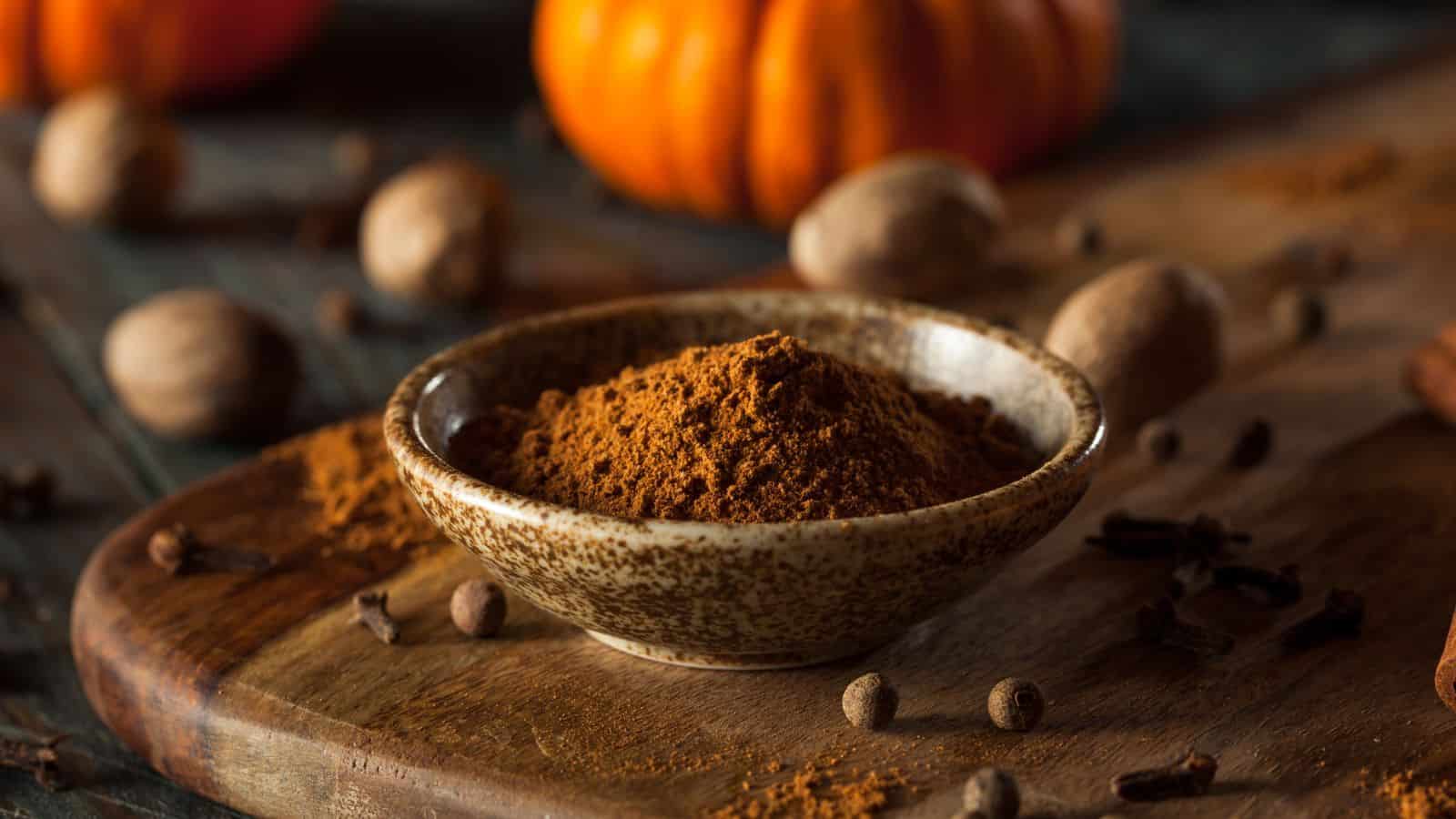While the refrigerator is essential for keeping many foods fresh, not everything benefits from being stored in such a cold and humid environment. In fact, some foods can lose their flavor, texture, or nutritional value when refrigerated. Here is a list of foods that are better off stored outside the fridge.
Melons

Whole melons lose flavor and cause the flesh to become dry and mealy, so it’s best to keep them at room temperature until they’re cut. Once cut, melon halves or slices can be refrigerated, but make sure to eat them within four days.
Bananas

Cold temperatures can inhibit the ripening process of bananas and turn their skins brown, which is why they’re stored at room temperature at the supermarket. Bananas grow in hot temperatures and aren’t suited for the cold, so they should be stored at room temperature.
Tomatoes

Storing tomatoes in cold temperatures can make them mealy and flavorless. The NEFF notes that “most tomatoes are sold or bought a bit before their ideal ripeness to account for the changes they’ll undergo when sitting out; placing them in the fridge will actually halt their progress.” Halting the ripening process will reduce sweetness, so unless tomatoes are at risk of rotting quickly, storing them away from direct sunlight at room temperature is best.
Stone Fruits

Stone fruits like peaches, plums, and cherries lose flavor and texture in the fridge. Refrigeration can make them mealy and less juicy, so it’s best to store them at room temperature until they are ripe and then consume them.
Hot Sauce

The majority of hot sauces have enough vinegar and preservatives to stay fresh without refrigeration. Cold temperatures can dull their flavor and thicken sauces, making them less palatable. It’s best to store them in cool, dark cupboards.
Chocolate

Lake Champlain Chocolates reports that “moisture in the fridge can also lead to ‘sugar bloom,’ meaning the sugar rises to the surface and discolors the chocolate (which has no effect on flavor, but doesn’t look too appealing).” It’s better to store chocolate in a cool, dry cupboard.
Hard Cheeses

Cold temperatures can dry out hard cheeses and dull their flavors. If you want to preserve them for longer, wrap them well and store them in the fridge’s vegetable crisper. For best flavor, bring hard cheeses to room temperature before serving.
Nuts

Refrigeration can dampen the flavor of nuts and make them stale. It’s best to store them in airtight containers at room temperature, as moisture in the fridge can lead to mold growth. However, some nuts, like pecans and walnuts, spoil faster, so they can be stored in the fridge for a limited time.
Bread

Refrigerating bread can dry it out, making it stale faster. Serious Eats warns that the recrystallization of the starch in bread causes it to harden and grow stale. Refrigeration causes “recrystallization, and therefore staling happens much faster than at warmer temperatures.” It’s better to store bread in the freezer if you want it to last longer because freezing slows the process down.
Spices

Spices should be stored in the cupboard. Keeping them in the fridge can diminish their potency and flavor and lead to clumping and the loss of essential oils. The high humidity of the refrigerator can lead to moisture spoiling the spices.
Garlic

Keeping whole heads of garlic in the fridge can trigger sprouting. Spice Cravings warns that “refrigerated garlic will only last a few weeks, as opposed to months in a cool, dry cupboard.” While it is best to keep garlic cloves in a dry cupboard, peeled, sliced, or minced garlic can be kept in the fridge as long as it’s used within three days.
Potatoes

Storing potatoes in the fridge used to raise concerns that it would lead to the formation of acrylamide, a carcinogenic chemical substance found in starchy foods. However, new guidelines from the Food Standards Agency have ruled out that risk. Still, storing potatoes in cupboards is preferable, as moisture in the fridge can lead to spoilage.
Coffee

It’s best to keep coffee in an airtight container in a cool, dark cupboard, not in the fridge. Serious Coffee warns, “The fridge is not the place to store coffee in any form, ground or whole bean, even if in an airtight container. It isn’t cold enough to keep your coffee fresh, and because coffee works as a deodorizer, it will absorb all the aromas in your fridge.”
Honey

Cold temperatures can cause honey to crystallize and harden, so it’s better to store it in a dry cupboard in a sealed jar. Refrigeration will preserve honey, but it will be harder to pour and spread because of its semi-solid mass.
Basil

Cold temperatures in the fridge can cause basil to wilt faster and lose flavor faster than it would at room temperature. Martha Stewart recommends storing basil on the countertop, with loose leaves wrapped in a damp paper towel and kept in a loose plastic bag. Basil with stems should be “put in a glass jar like a flower bouquet with a few inches of water.”
Avocados

Avocados should only be put in the fridge when they are ripe or close to it. Refrigerating unripe avocados will slow down the ripening process, keeping them hard, and it may compromise their taste and texture.
Onions

The fridge’s humidity can turn whole, unpeeled onions soft and moldy. Healthline notes that “peeled onions can be stored in the fridge for up to two weeks, while diced or sliced onions will only last for 7–10 days. Avoid storing whole, unpeeled onions in the fridge, as they easily absorb moisture. Doing so may cause them to become mushy and spoil faster.”

